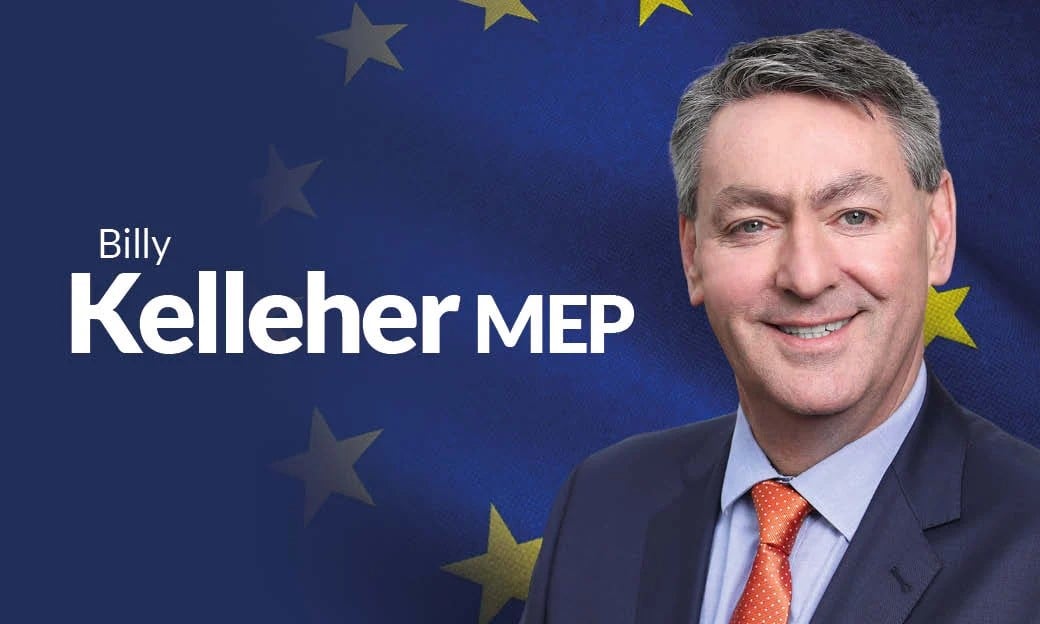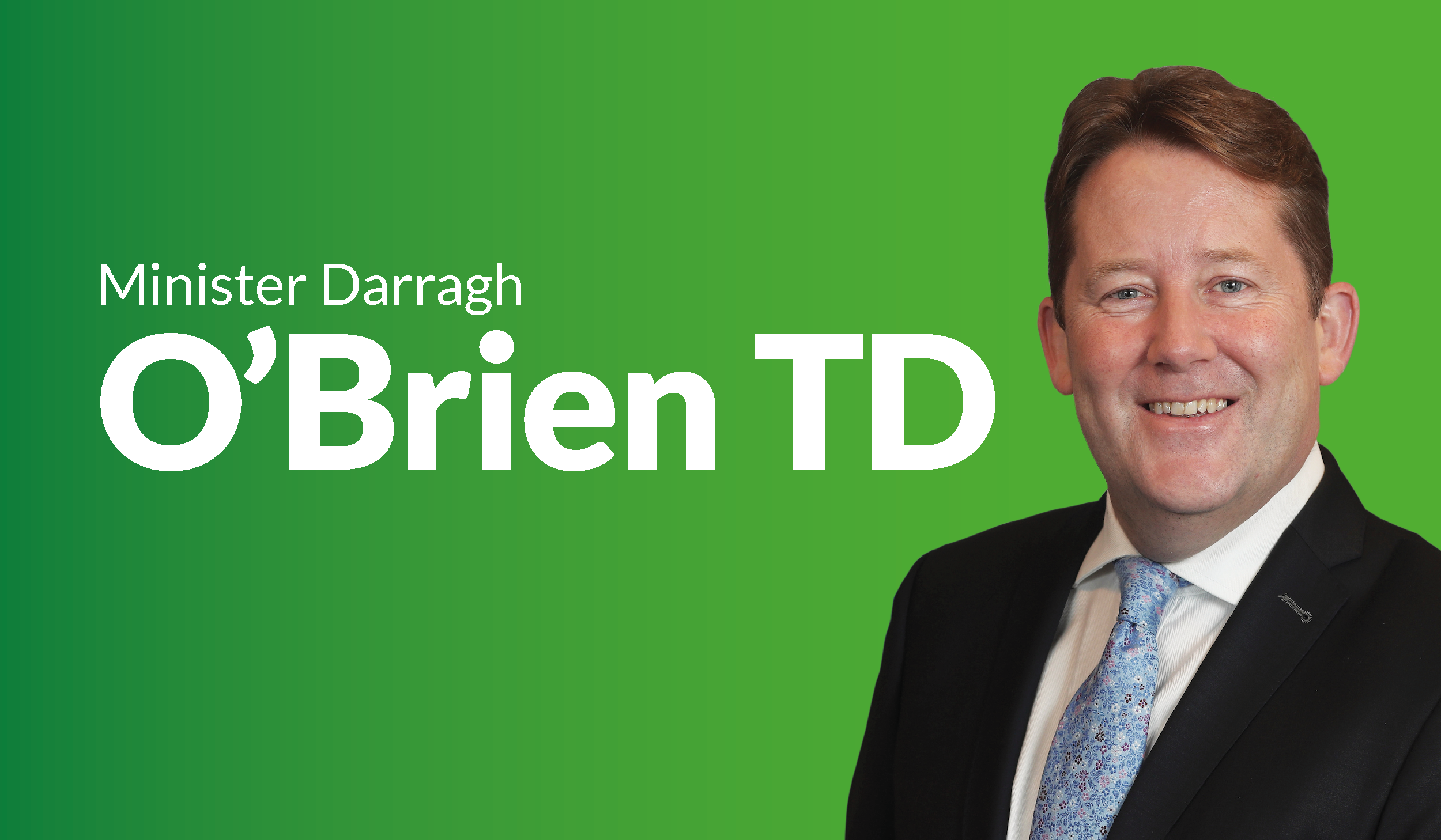Electric car audit shines light on less than optimum European Commission policy-making - MEP Kelleher
Published on: 24 April 2024
“The European Court of Auditors report into electric vehicles needs to act as a wakeup call to the European Commission and Member State national governments about how policy is formed and assessed in the European Union” says Fianna Fáil MEP, Billy Kelleher.
Kelleher was commenting after an ECA audit warned that the Union’s objective of halting the sale of new petrol and diesel cars post 2035 is at risk of not being viable.
“Last year, as an MEP, I voted to ban the sale of new carbon-emitting cars after 2035 - ultimately banning the internal combustion engine as we know it.
“From an initial policy point of view, it makes total sense. We should all be making the switch to electric over the next 10 years.
“However, is the EU actually capable of making the switch? Many elements have to go right for it to work: a full charging network across the Union and access to the critical raw material needed to make the batteries in Europe.
“On both these issues, the EU is failing. The question of did the European Commission actually do a proper assessment on this proposal, or did it just do its usual vertical impact of assessment which suggests more electric cars equals less emissions needs to be asked and answered.
“In too many critical policy areas, the Commission doesn’t do a proper, detailed, horizontal impact assessment. In many respects, it refuses to look at other factors affecting the proposal, and downstream the impact their proposal will have on the wider economy and society.
“I’m fully supportive of the ban on carbon-emitting vehicles, but we need to have the full details, and the full plans about how it will come about. While the ‘market will respond’ is normally a good slogan, it does not always work out.
“Urgent action is now needed from the Commission and Member States to ensure we meet our targets. Central to meeting our objective must be securing the critical raw materials inside the Union, or through responsible third countries, to build the electric batteries we now need. The EU cannot be reliant on imports from China or the US.
“On a wider scale, the EU needs to get better at doing impact assessments. Last year, on the debate on the Nature Restoration Law, I pointed out that while an impact assessment was carried out on the actual proposal, no assessment was done on how it would affect farmers, landowners, food productivity or security.
“The next European Commission must change how it plans new proposals so that all citizens can get the benefits of good, sound, coherent, responsible proposals,” concluded Kelleher.
-ENDS-



